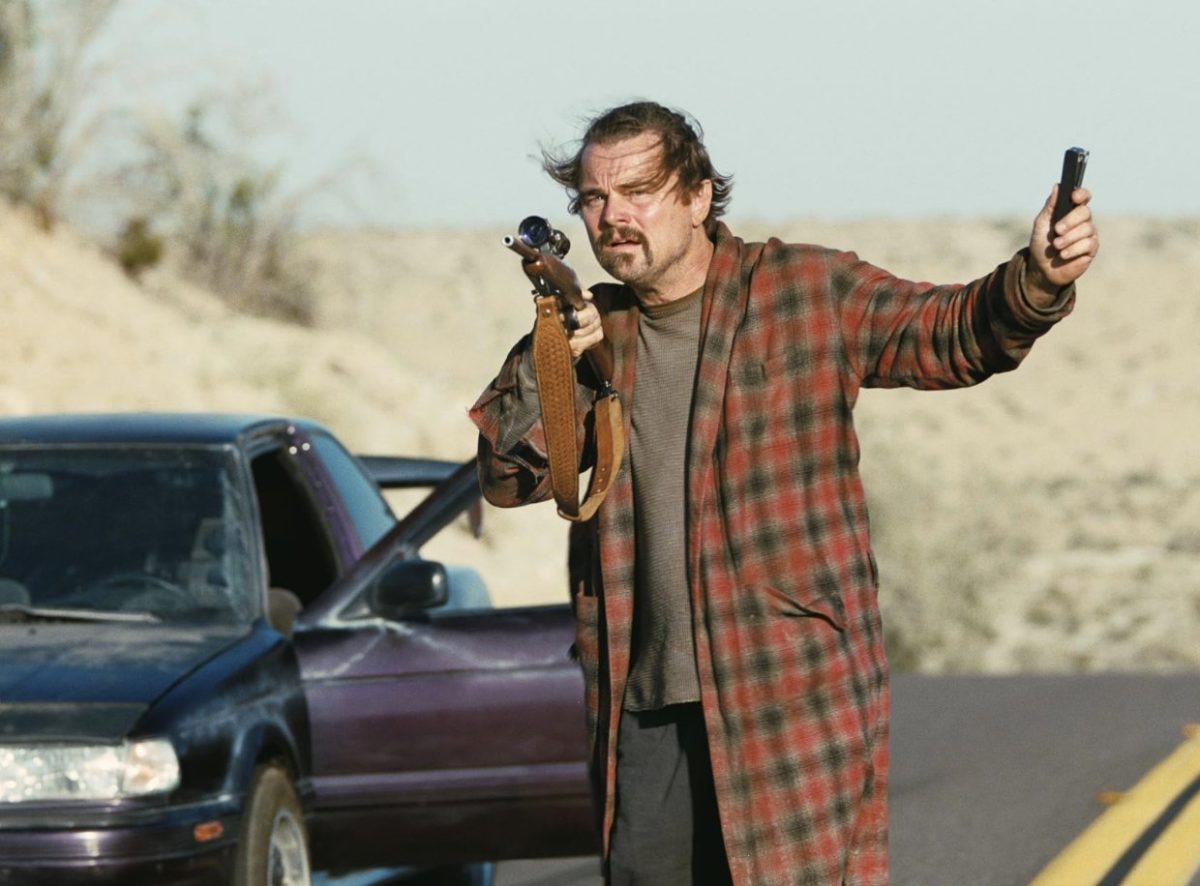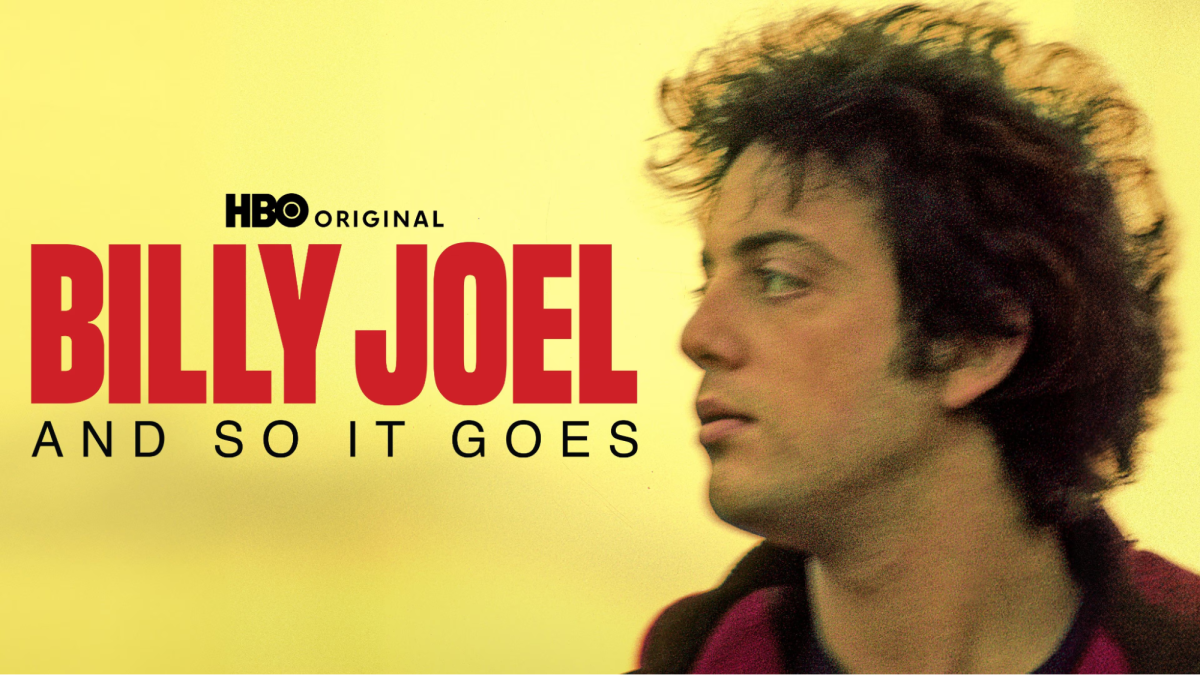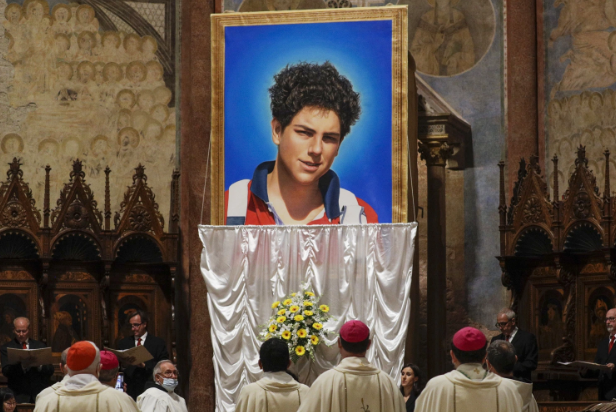As of Tuesday, Sep. 2, President Donald Trump has publicly confirmed his assertion to deploy the U.S. National Guard to the cities of Baltimore, Maryland, and Chicago, Illinois as a measure to “crack down” on criminal activity and the presence of undocumented immigrants in these areas. While no official details or timeline have been released, Trump has made it extremely clear that he intends to have federal troops deployed to both cities in the near future.
Rumors of government intervention in Chicago have been circulating recently as a result of the Trump Administration’s recent actions, including the mobilization of the National Guard in two other major American cities (Los Angeles and Washington D.C.) over the summer. The deployment of U.S. Immigration and Customs Enforcement (ICE) agents in Chicago this year also raised concerns of more extreme action from the Trump Administration. Additionally, the president has also been unofficially threatening many major cities on social media; his declaration at Tuesday’s press conference was not a proposal, but a confirmation of previous threats.
Contrary to what Trump implied with his recent statements, as of Tuesday, a spokesperson for the Illinois National Guard assured the public that, while the President seems to have made up his mind, the National Guard has not yet received any official orders for a mission in Chicago.
“We’re going in,” Trump said to White House reporters. “I didn’t say when, but we’re going in.”
In other words, Trump does not yet have a plan for National Guard deployment in Chicago, but–as he mentioned during his 2024 presidential debates–he has concepts of a plan, which he has made very clear to the public in recent days.
The confirmation of deployment but lack of timeline has caused anxiety and paranoia in the Chicago area as citizens wait for the day that Trump’s promises are fulfilled. In the meantime, Trump continues to deploy ICE agents in Chicago, even targeting cultural celebrations in the city this month, making tradition a catalyst for deportation.
Can the president actually deploy federal forces to states?
This question has been a hot topic of debate since deployment of the National Guard started in Washington D.C. and Los Angeles over the summer. Are Trump’s actions constitutionally permissible? The answer–like most political theories–is very nuanced.
“If there is an emergency or crisis, the president, in theory, could [send the National Guard into nonconsenting states],” explained Pankaj Sharma, an AP Government teacher at Niles North. “But typically the legal way this happens is that the state governor will ask for help because there’s a disaster like an earthquake, flooding, a fire. Or maybe there’s riots, like what happened in Los Angeles after Ronnie King was beaten up in 1992.”
What concerns many citizens today is that–unlike other instances where federal intervention was required in American states in times of political crisis–the governor of Illinois, J.B. Pritzker has not requested assistance from the president or given consent for troops to be deployed to Chicago. In fact, Pritzker has vehemently condemned Trump’s agenda.
This situation–though staggering–isn’t completely unprecedented; there have been instances in U.S. history when federal forces were deployed in American states without request or consent from the governor.
One of the most famous examples, as Sharma mentioned, was the Little Rock Nine incident in 1957. Nine black students in Arkansas faced massive resistance from segregationists while trying to integrate into an all-white school. The resistance became so violent that Dwight Eisenhower, the president at the time, federalized the Arkansas National Guard to allow black students to attend the school even without the governor’s permission.
So, in emergency conditions, it is constitutionally permissible for the president to deploy federal forces into nonconsenting states. That being said, is this an emergency? What warrants that type of action?
What is Trump’s objective in deploying the National Guard?
The Trump Administration has two main objectives in deploying the National Guard, the first of which being to “crack down” on criminal activity in the city, and the second of which being to detain and deport as many undocumented immigrants–or those they suspect are undocumented immigrants–as possible.
For reference, there are hundreds of thousands of immigrants in the city of Chicago, and the Latinx community –the demographic the Trump Administration is primarily targeting through ICE deportations–make up around 20% of the city’s total population.
“It breaks my heart to report that we have been told ICE will try and disrupt community picnics and peaceful parades,” said Pritzker. “Let’s be clear: the terror and cruelty is the point, not the safety of anyone living here.”
Trump’s second objective: “crack down” on crime in Chicago. Trump says that Chicago is in such critical condition in terms of crime that he considers it a “hellhole” that needs to be cleaned up so that “they don’t kill five people every weekend”
However, statistics heavily contrast Trump’s claims about the criminal activity within Chicago. The Council on Criminal Justice reports a large reduction in crime rates in Chicago in recent years. These include–but are not limited to–a 65% decrease in homicides, 16% decrease in aggravated assaults, 42% decrease in gun assaults, 30% decrease in sexual assaults, 49% decrease in robberies, and a 70% decrease in carjackings.
Many Americans also point out the discrepancies between Trump’s actions. The president has been publicly very adamant about deploying federal troops to democrat-led cities: Los Angeles, Chicago, and Washington D.C. with the purpose of restoring peace in the community despite crime rate statistics that contradict him. Many believe that Trump has an ulterior motive behind his agenda and that his actions are not truly out of concern for the safety of Chicago residents.
“It’s about control,” Illinois Congresswoman Delia Ramirez said in a press conference in DC Wednesday. “It’s about threatening diverse, successful Democratic-led cities like Chicago that refuse to bow down to authoritarianism… It’s an authoritarian power grab that has profound consequences that seeks to target and profile working class immigrant and Brown communities.”
What will the deployment look like in Chicago?
Governor Pritzker spoke recently on how the Chicago community will truly be impacted once the Guard is deployed.
“We can expect unidentifiable agents in unmarked vehicles with masks are planning to raid Latino communities and say they’re targeting violent criminals,” Pritzker warned. “We don’t have much in terms of a timeline, but we can expect that they will begin operations here sometime in the coming week.”
He later explained that he expects ICE agents likely don’t aim to detain individuals who are or seem to be partaking in criminal activity, but rather targeting them at independence celebrations, daycare drop-offs, grocery stores, schools, and churches.
Sharma also comments on the public’s likely response once deployment starts and how that may polarize the Chicago community.
“You can look at Los Angeles and Washington,” Sharma said. “You have a lot of soldiers in the streets. Some people might feel more comfortable because there’s people there who can help. Others might feel like they’re being patrolled, making them feel uncomfortable and unsafe. In Washington D.C., the number of people who went out to restaurants or out into town has gone down because people just don’t want to be in a city that’s occupied by the military, essentially.”
Then, of course, there’s the discussion of how it will impact Chicago suburbs, places like Skokie which aren’t directly facing the deployment but will still face the effects.
“As for Skokie, you might see more people protesting, saying that this isn’t constitutional, not right, or not meant to be immediate,” Sharma said. “If there’s gonna be a debate about the legality of it, it goes to a federal judge who decides what authority the president has over a state’s national guard, then, that judge can be appealed to an appellate court, and then that appellate court decision could be appealed to the Supreme Court.”
So, can Trump send the National Guard to Chicago? Yes, he can. Will he send the National Guard to Chicago? Yes, after the president’s recent statements, we have every reason to believe that he will. Is a reason for apprehension and concern or is it a promise of safety and protection? Right now, the answer is very subjective.
“People are constantly asking: can he do this?” Sharma said. “I think the real question is will Congress or the Judiciary check it? Because he is doing this.”















